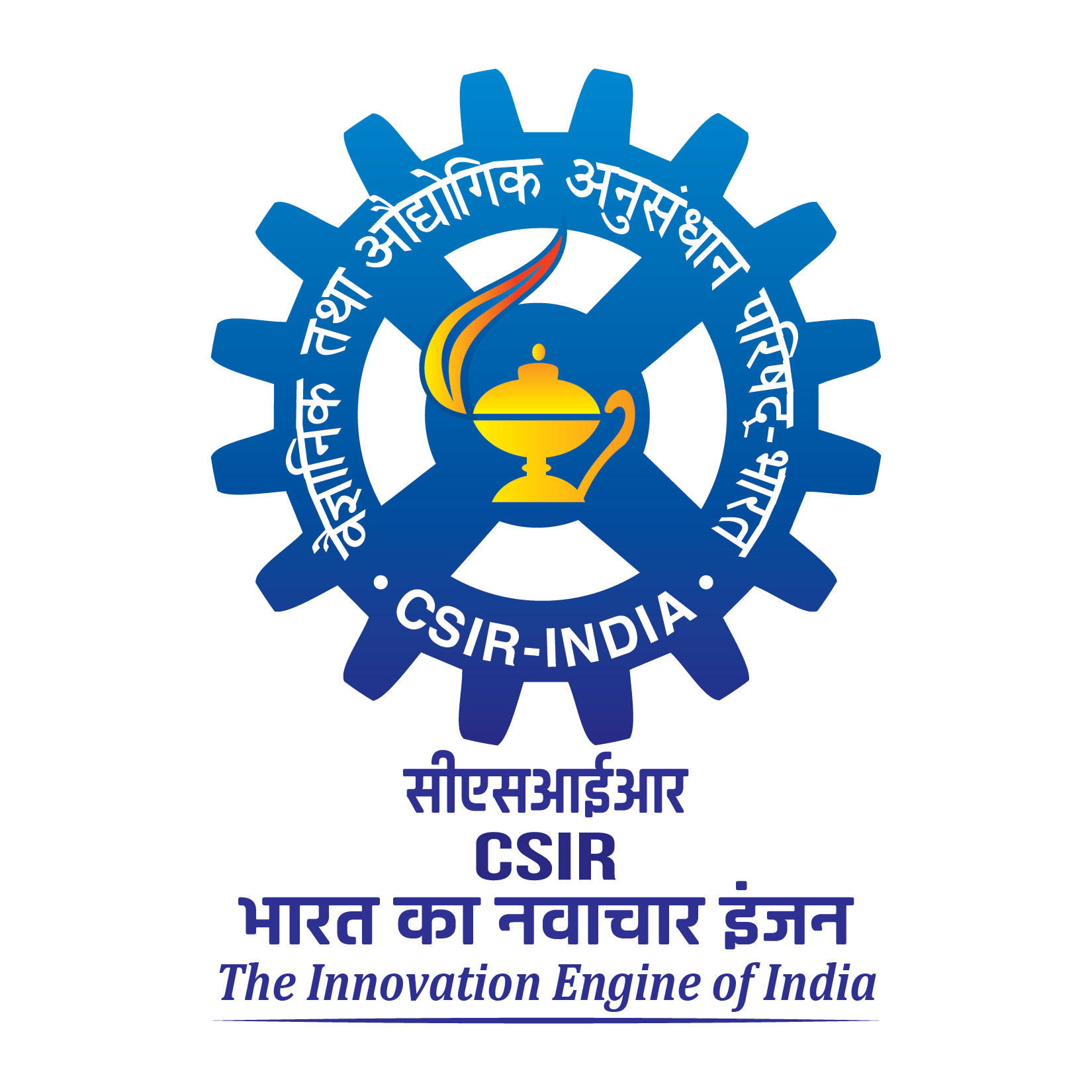by Kantha Rao Bhimala, Gopal Krishna Patra, Rajasekhar Mopuri and Srinivasa Rao Mutheneni
Advanced and accurate forecasting of COVID‐19 cases plays a crucial role in planning and supplying resources effectively. Artificial Intelligence (AI) techniques have proved their capability in time series forecasting non‐linear problems. In the present study, the relationship between weather factor and COVID‐19 cases was assessed, and also developed a forecasting model using long short‐term memory (LSTM), a deep learning model. The study found that the specific humidity has a strong positive correlation, whereas there is a negative correlation with maximum temperature, and a positive correlation with minimum temperature was observed in various geographic locations of India. The weather data and COVID‐19 confirmed case data (1 April to 30 June 2020) were used to optimize univariate and multivariate LSTM time series forecast models. The optimized models were utilized to forecast the daily COVID‐19 cases for the period 1 July 2020 to 31 July 2020 with 1 to 14 days of lead time. The results showed that the univariate LSTM model was reasonably good for the short‐term (1 day lead) forecast of COVID‐19 cases (relative error <20%). Moreover, the multivariate LSTM model improved the medium‐range forecast skill (1–7 days lead) after including the weather factors. The study observed that the specific humidity played a crucial role in improving the forecast skill majorly in the West and northwest region of India. Similarly, the temperature played a significant role in model enhancement in the Southern and Eastern regions of India.

